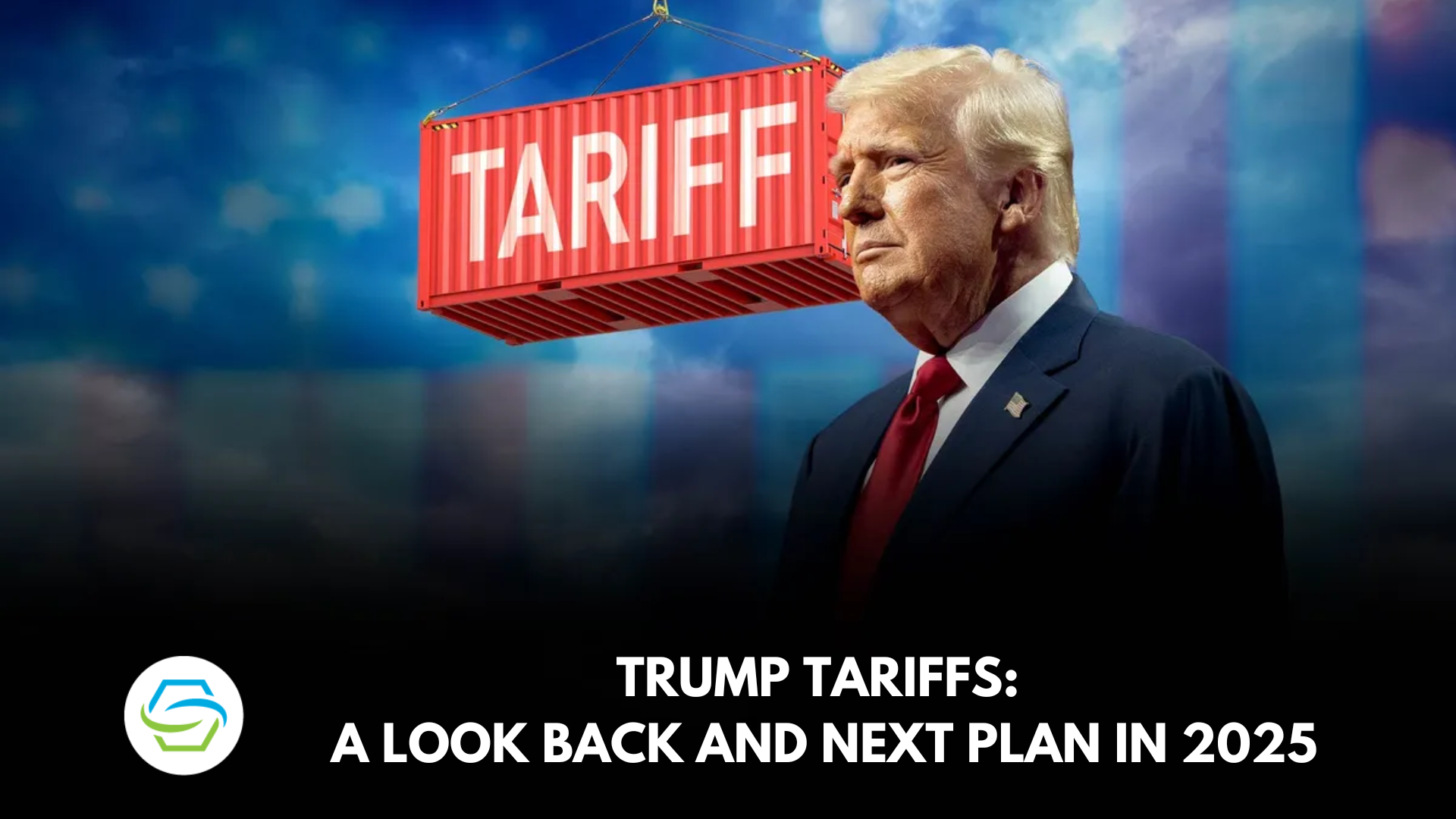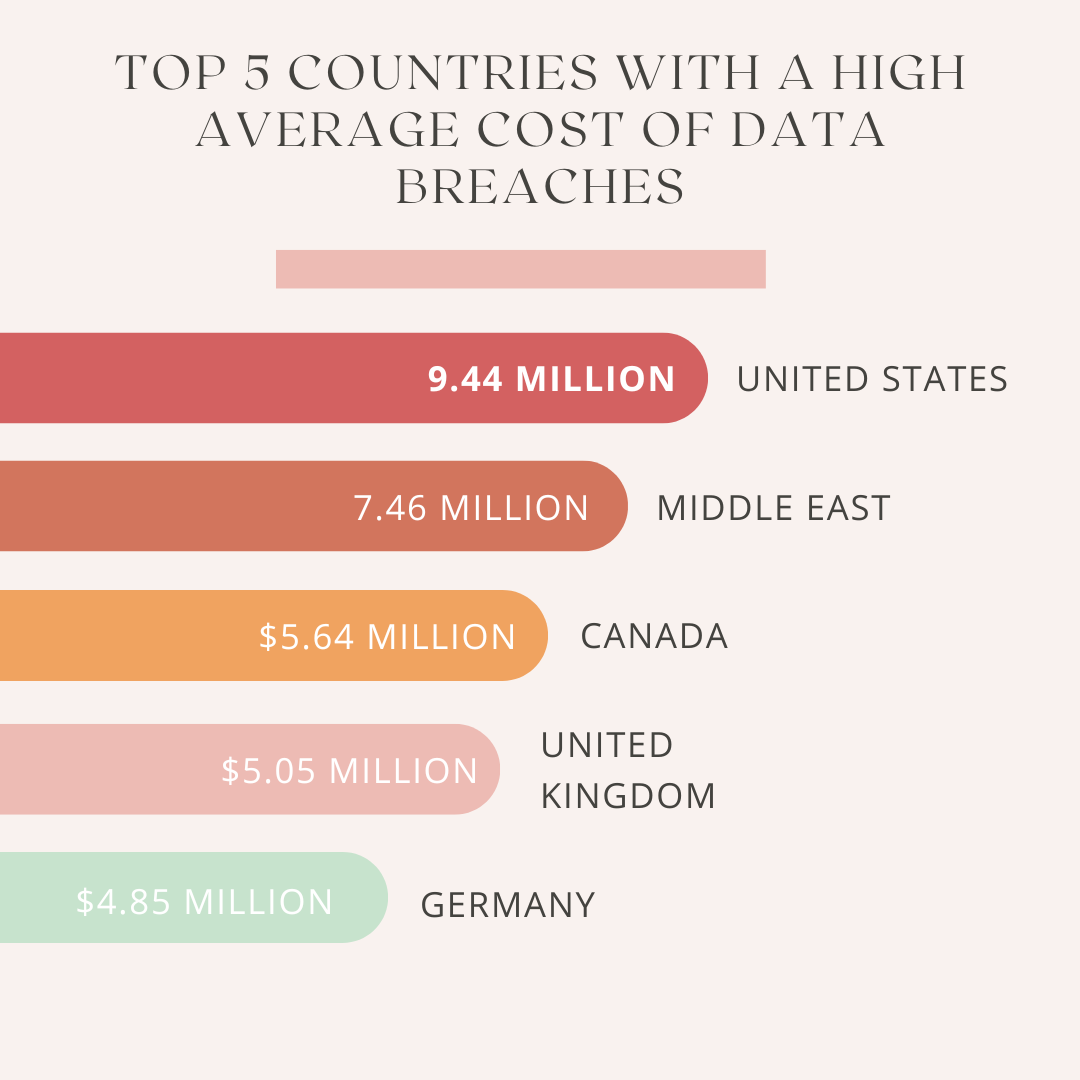The Complexities Of The Chinese Auto Market: Case Studies Of BMW And Porsche

Table of Contents
The Unique Challenges of the Chinese Auto Market
The Chinese automotive market is far from a simple playing field. Success requires navigating a complex web of regulations, understanding shifting consumer preferences, and outmaneuvering intense competition.
Government Regulations and Policies
China's government actively shapes its automotive landscape through stringent regulations and policies. This includes a strong push towards electric vehicles (EVs) and increasingly strict emission standards, placing significant pressure on manufacturers to adapt.
- Electric Vehicle (EV) Mandate: China's stringent NEV (New Energy Vehicle) credits system necessitates manufacturers to produce a certain percentage of EVs or purchase credits from other companies. This impacts production strategies and investment in EV technology.
- Import Tariffs and Localization: High import tariffs incentivize local production, requiring foreign automakers to establish joint ventures or manufacturing facilities within China to reduce costs and remain competitive.
- Bureaucracy and Licensing: Navigating the complex bureaucratic processes and obtaining necessary licenses can be a significant hurdle for international companies entering the Chinese market.
- Government Subsidies and Incentives: The government uses subsidies and tax breaks to promote the adoption of EVs and support domestic automakers, creating a constantly shifting competitive environment.
Consumer Preferences and Trends
Understanding Chinese consumer preferences is paramount. The market is diverse, with significant variations in spending habits and brand loyalty across different regions and demographics.
- SUV Dominance: SUVs and crossovers enjoy immense popularity across various price points, reflecting a shift in consumer preferences towards larger and more versatile vehicles.
- Luxury Vehicle Growth: The luxury segment exhibits strong growth, with affluent Chinese consumers increasingly seeking prestige brands.
- Domestic Brand Strength: While international brands hold significant market share, the rise of domestic automakers like BYD and NIO presents considerable competition, particularly in price-sensitive segments.
- Tech-Savvy Consumers: Chinese consumers are highly tech-savvy and expect advanced technological features, connectivity options, and sophisticated infotainment systems in their vehicles. Online reviews heavily influence purchasing decisions.
Intense Competition and Market Saturation
The Chinese auto market is incredibly competitive, with both international and domestic players vying for market share.
- Rise of Domestic Brands: The rapid growth and technological advancement of domestic brands like BYD, NIO, and Xpeng pose a significant challenge to established international players.
- Price Wars and Marketing: Aggressive pricing strategies and intense marketing campaigns are common, requiring manufacturers to constantly adapt and innovate to maintain competitiveness.
- Brand Recognition and Loyalty: Building brand recognition and loyalty in such a saturated market requires substantial investment and targeted marketing efforts.
- Dealer Network and After-Sales: A robust and efficient dealer network, coupled with excellent after-sales service, is crucial for customer satisfaction and long-term success.
BMW's Strategy in the Chinese Auto Market
BMW has successfully established a strong presence in China through a combination of localization, strategic marketing, and a commitment to electric vehicle development.
Localization and Production
BMW's joint venture, BMW Brilliance Automotive, plays a pivotal role in its Chinese strategy. This partnership enables localized production of models tailored to the preferences of Chinese consumers, ensuring cost-effectiveness and responsiveness to market demands.
- Joint Venture: The BMW Brilliance Automotive joint venture allows BMW to leverage local expertise and manufacturing capabilities.
- Localized Models: BMW produces several models specifically for the Chinese market, adapting features and specifications to meet local demands.
- Supply Chain Integration: BMW has invested significantly in building relationships with local suppliers, strengthening its supply chain within China.
Marketing and Branding
BMW employs targeted marketing campaigns to reach different consumer segments within China. Digital marketing and social media play a crucial role in connecting with potential buyers.
- Targeted Campaigns: BMW tailors its marketing messages to resonate with various demographic groups, effectively addressing their specific needs and preferences.
- Digital Marketing: BMW effectively utilizes various digital platforms, social media channels, and online advertising to reach and engage Chinese consumers.
- Brand Heritage: BMW's marketing emphasizes its brand heritage and luxury positioning, appealing to consumers seeking prestige and quality.
Electric Vehicle Strategy
BMW has significantly invested in electric vehicle (EV) technology and infrastructure in China, aligning with the government's push for EV adoption.
- EV Model Lineup: BMW offers a growing range of electrified models in China, including fully electric and plug-in hybrid vehicles.
- Infrastructure Investment: BMW is investing in charging infrastructure and supporting the development of the EV ecosystem in China.
- Government Compliance: BMW's EV strategy is designed to meet and exceed the requirements of China's NEV credit system.
Porsche's Strategy in the Chinese Auto Market
Porsche's approach focuses on maintaining its premium brand image and leveraging digital channels to connect with its affluent target audience.
Focus on Luxury and Exclusivity
Porsche's strategy centers on preserving its brand's exclusivity and luxury positioning, catering to the discerning preferences of high-net-worth individuals in China.
- Premium Pricing: Porsche maintains premium pricing, reflecting its brand image and the high quality of its vehicles.
- Personalized Service: Porsche emphasizes personalized customer service and exclusive experiences to enhance customer loyalty.
- Brand Exclusivity: Porsche meticulously curates its brand image to uphold its position as a symbol of luxury and performance.
Digital Marketing and Customer Engagement
Porsche actively engages with potential customers through various digital channels and social media platforms, building a strong online community.
- Online Presence: Porsche maintains a strong online presence, leveraging social media to engage with potential customers and showcase its brand.
- Digital Marketing Campaigns: Porsche uses targeted digital marketing campaigns to reach its affluent target audience.
- Online Community Building: Porsche fosters a strong online community, fostering engagement and brand loyalty.
Electric Vehicle Expansion
Porsche is expanding its electric vehicle offerings in China, introducing models like the Taycan to address the growing demand for sustainable luxury vehicles.
- Taycan Introduction: The Taycan, Porsche's flagship electric vehicle, has been successfully introduced in the Chinese market.
- EV Market Adaptation: Porsche continuously adapts its EV strategy to the evolving demands and opportunities within the Chinese EV market.
- Addressing EV Challenges: Porsche acknowledges and addresses challenges related to EV infrastructure and consumer perception in China.
Conclusion
The Chinese auto market presents both significant opportunities and considerable challenges. BMW and Porsche, through distinct yet effective strategies, are navigating this complex landscape. BMW's focus on localization and electric vehicles, along with Porsche's emphasis on luxury and digital engagement, highlight the adaptability needed to succeed in this dynamic market. Understanding the complexities of the Chinese auto market is key for any international automaker seeking to achieve success. Further research into specific market segments and emerging trends will be crucial for continued growth and profitability within this vital market. Don't fall behind; delve deeper into the intricacies of the Chinese auto market to unlock its potential.

Featured Posts
-
 Santos Facing Prison Why He Attacked Prosecutors
Apr 26, 2025
Santos Facing Prison Why He Attacked Prosecutors
Apr 26, 2025 -
 Shedeur Sanders The Perfect Fit For The New York Giants
Apr 26, 2025
Shedeur Sanders The Perfect Fit For The New York Giants
Apr 26, 2025 -
 Todays Stock Market Dow Futures Indicate Positive Weekly Close
Apr 26, 2025
Todays Stock Market Dow Futures Indicate Positive Weekly Close
Apr 26, 2025 -
 The Economic Impact Of Trumps Tariffs A Ceo Perspective
Apr 26, 2025
The Economic Impact Of Trumps Tariffs A Ceo Perspective
Apr 26, 2025 -
 The Nepo Baby Controversy Amanda Seyfrieds Heated Response
Apr 26, 2025
The Nepo Baby Controversy Amanda Seyfrieds Heated Response
Apr 26, 2025
Latest Posts
-
 Fbi Investigation Major Office365 Data Breach Results In Significant Financial Losses
Apr 27, 2025
Fbi Investigation Major Office365 Data Breach Results In Significant Financial Losses
Apr 27, 2025 -
 Millions Stolen Inside The Office365 Executive Email Hacking Scheme
Apr 27, 2025
Millions Stolen Inside The Office365 Executive Email Hacking Scheme
Apr 27, 2025 -
 Office365 Executive Email Compromise Nets Millions For Hacker Say Federal Authorities
Apr 27, 2025
Office365 Executive Email Compromise Nets Millions For Hacker Say Federal Authorities
Apr 27, 2025 -
 Exec Office365 Breach Millions Made Through Email Hacks Fbi Reveals
Apr 27, 2025
Exec Office365 Breach Millions Made Through Email Hacks Fbi Reveals
Apr 27, 2025 -
 Ohio Derailment Aftermath Persistent Toxic Chemicals In Local Buildings
Apr 27, 2025
Ohio Derailment Aftermath Persistent Toxic Chemicals In Local Buildings
Apr 27, 2025
